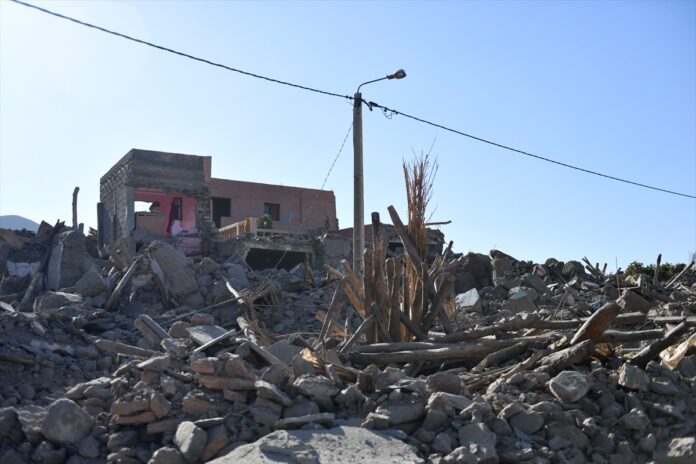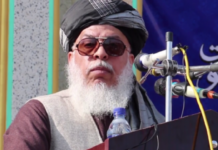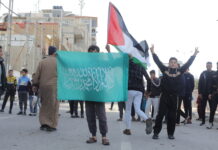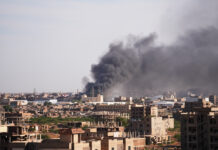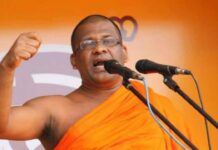At least 2,012 people were killed and 2,059 injured (1,404 critically) following the powerful earthquake that struck Morocco on Friday night, the country’s Interior Ministry has said.
Fatalities from the magnitude-7 quake occurred in various regions, including El-Houz, Taroudant, Chichaoua, Tiznit, Marrakech, Azilal, Agadir, Casablanca and Youssoufia, the ministry said in a statement.
The quake was the strongest tremor to hit the North African country in the last century, according to Morocco’s National Geophysical Institute.
The United States Geological Survey said the epicentre, which hit just after 11 p.m. local time, was 75 kilometers (46.6 miles) southeast of Marrakech, at a depth of 18.5 kilometers.
The situation was said to be particularly dire in the Marrakech region where buildings were said to have collapsed and residents trapped under debris.
Media reports said buildings, including the famous red walls that surround the old city, a UNESCO World Heritage, were damaged.
The Royal Armed Forces urged citizens to exercise caution and directed them toward safe areas to shield them from aftershocks.
Subscribe to our newsletter and stay updated on the latest news and updates from around the Muslim world!
Tremors were also felt in neighbouring Algeria and Mauritania.
Moroccan King Mohammed VI has declared three days of national mourning for the victims of Friday’s earthquake.
Flags will fly at half-staff on all public buildings during the mourning period, the Kingdom’s Royal Court said in a statement carried by the official Maghreb Arabe Press news agency.
The Moroccan monarch also ordered the formation of a ministerial committee to develop a reconstruction plan for destroyed homes.
Meanwhile, messages of support continued to pour in from world leaders.
UN Secretary-General Antonio Guterres released a message of condolence for those who lost their lives in the earthquake. “The UN is ready to support the Moroccan government,” a statement by the UN cited Guterres as saying.
UN Humanitarian Affairs Coordinator Martin Griffiths also expressed his “deep sadness,” saying: “We are ready to support.”
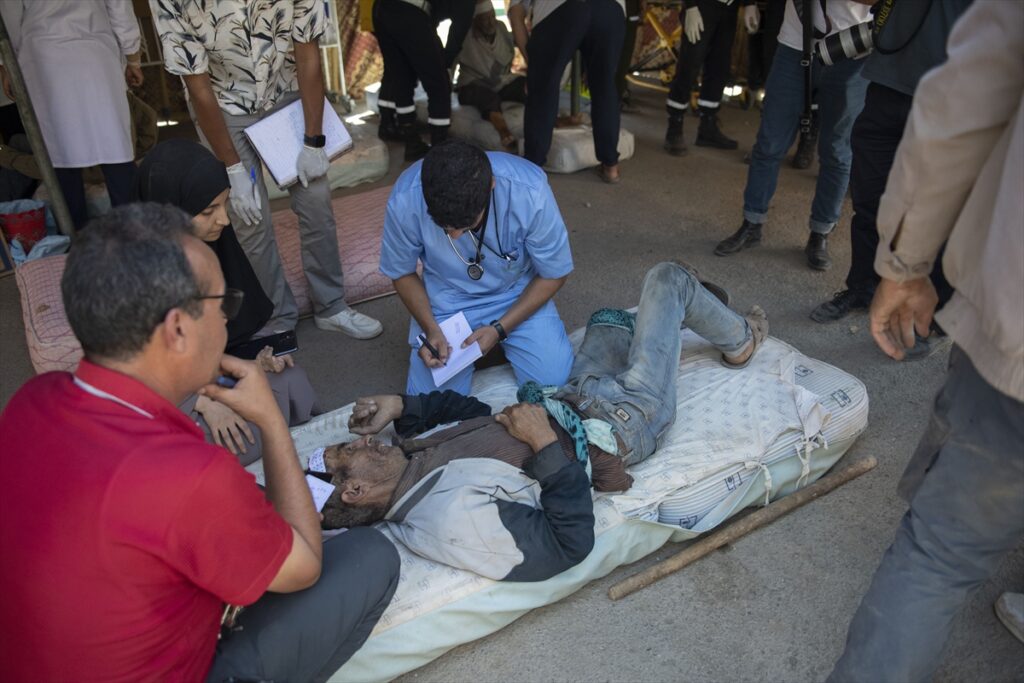
In the Muslim world, Pakistan was one of many countries to express sympathy with Morocco following the deadly quake.
“The people and government of Pakistan stand in solidarity with Morocco and express their heartfelt condolences for the tragic loss of lives in the earthquake,” Pakistan’s Foreign Ministry said in a statement.
Arab countries also raced to show solidarity with Morocco.
“Egypt reaffirms its unwavering solidarity with the Kingdom of Morocco, both its government and its people, as they grapple with the devastating consequences of this tragic and painful incident,” the Foreign Ministry said in a statement.
“I extend my deepest condolences to my brother King Mohammed VI and the people of Morocco over the devastating earthquake that struck the country,” UAE President Sheikh Mohamed bin Zayed Al Nahyan said in a statement.
“We in the UAE stand with the Kingdom of Morocco during this difficult time and wish a speedy recovery ahead to all those affected,” he added.
In a statement, the Saudi Foreign Ministry expressed the kingdom’s “support and solidarity with Morocco and its brotherly people in this great affliction.”
Qatar’s Emir Sheikh Tamim bin Hamad Al-Thani sent a cable of condolences to Morocco’s King Mohammed VI “on the victims of the earthquake that struck several Moroccan regions and cities, wishing the injured a speedy recovery,” the state news agency QNA said.
And In a statement, OIC Secretary-General Hissein Brahim Taha expressed “his deepest condolences and sincere sympathy to the Kingdom of Morocco.”
He affirmed “the solidarity of the OIC and its support for the Kingdom of Morocco and its people in facing the effects of this devastating tragedy and overcoming this humanitarian ordeal.”




